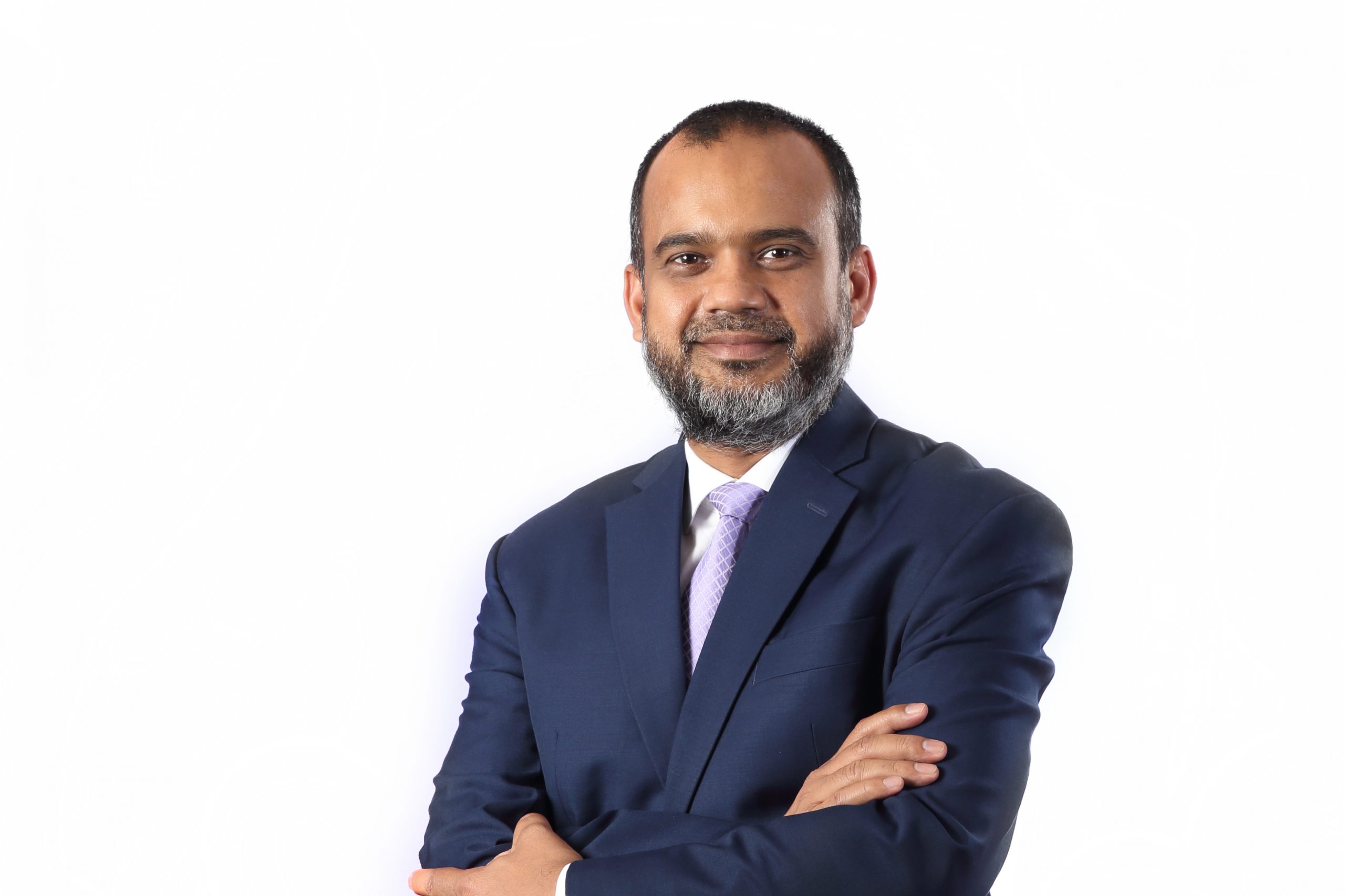
Syed Javed Noor, Deputy Managing Director of IDLC Finance Limited, who leads the NBFI’s venture capital initiative IDLC Venture Capital Fund, suggests startup founders in Dhaka should pay more attention to compliance issues and be open to feedback when it comes to building companies. He argues for startups that want to raise money, compliance is a critical issue that they can’t afford to take lightly.
Startups face challenges with compliance in Dhaka. Being resource constraint organizations, many can’t afford to have dedicated resources to manage compliance issues. And many find the existing compliance regiment and process complex, expensive, and effortful. Mr. Javed, however, emphasizes that regardless of challenges it is absolutely necessary for early stage startups to be compliant.
While speaking about the challenges early stage founders face in Dhaka when it comes to raising external investment, Mr. Noor points out that a lack of understanding of compliance issues are among the major challenges early stage founders face.
“These are young people,” says Mr. Noor in an interview with Future Startup. “They are extremely enthusiastic, but when you are in the game of raising funds, you need to be compliant. That is an area where we are facing challenges. The idea is great, execution is excellent, but when you go and do the due diligence, you find probably there are holes and you need to have them manage those holes. That's the major challenge.”
This is something many early stage founders tend to overlook. Given the complex and expensive compliant regiment in Dhaka, many early stage companies take a rather lenient approach to compliance. Others prioritize business building over dealing with time consuming compliant issues while viewing compliance issues as less important matters at least in the early days. But Mr. Noor explains in order for raising investment, compliance is a must.
“When you are raising external money as equity, everyone wants to look at the numbers and believe them,” says Mr. Noor. “Establishing faith is the biggest challenge. Unless you are compliant it is difficult. Having an auditor certificate does not mean anything. When you send your auditor the next day, and you learn that the company is not fully compliant with VAT regulation and the most dangerous comment they could make is that they don't have the intention to be compliant as well. So this is a no-go for us because you just can't exit this company.”
When asked what he would recommend to founders and startups looking to raise investment, Mr. Noor comments that founders should be open to feedback and ideas and the reality of business should always be backed by reliable documentation.
“Nothing is perfect,” says Mr. Noor. “Your idea may not always work, so you need to be open to taking feedback and change. And when you are doing things and putting up the business, ensure you document everything. This will help you be compliant and put up your true story to the investors.”
Companies are basically people and numbers. When investors look into a company, they judge the team — whether the team has the capacity to execute and are earnest enough to stay the course — and they look into the numbers. When they are convinced about the team and find the numbers believable, they invest.
“When an investor is looking at your business, he is looking for scalability,” says Mr. Noor. “He is not looking for or asking the company to return the money in the form of dividends. What he asks for is to increase the value. In most cases, these investors are not based in Bangladesh, they are global investors. They will see you through your numbers. If there is any chance or indication that your numbers are not reflecting your true performance, they will not invest. Founders need to be truthful in terms of metrics management.”
The interview is an excellent read in its entirety, read the full interview here.
